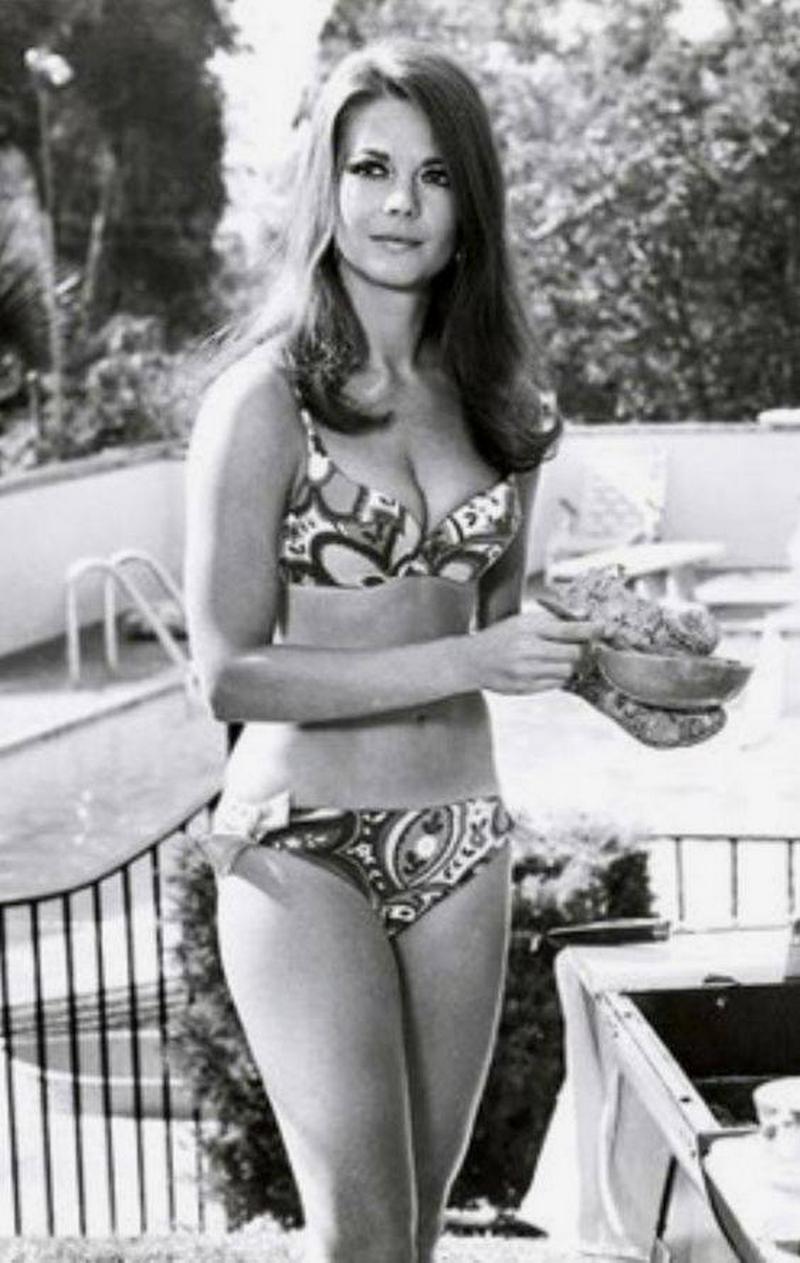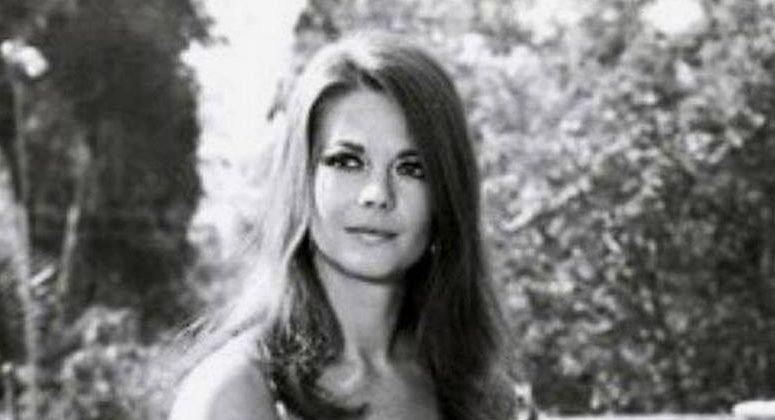Carol didn’t flinch. Her voice was calm, steady, almost ceremonial.
“We’re inviting you to share something real.”
The room held its breath.
Ted shifted in his chair, uneasy. He’d thought this was just a casual evening—a dinner, a couple of drinks, nothing out of the ordinary. Yet something in Carol’s words cut deeper. He glanced at his wife, Anne, sitting beside him, and then at Bob, who stood near the record player with his hand hovering over the volume knob.
The soft hiss of vinyl filled the silence. Bob set the needle down. The sultry sway of bossa nova rose from the speakers, lilting through the dimly lit room. Then he dimmed the lamp, letting shadows stretch across the walls like question marks.
Ted’s pulse quickened. “What exactly are you saying?” he asked, though his voice came out thinner than intended.
Anne crossed her legs, her expression unreadable. Carol, in contrast, leaned forward on the sofa, eyes luminous in the low light. “We spend so much time pretending, don’t we? Pretending to be satisfied, pretending not to feel the gaps. I’m tired of pretending.”
The words hung heavy.
Bob finally turned from the record player, his face solemn. “This isn’t about recklessness. It’s about honesty. About connection.”
No one moved. No one laughed off the suggestion or stormed toward the door. Instead, the four of them lingered, bound together by curiosity, fear, and a quiet yearning none of them wanted to name.
The evening had begun innocently. A bottle of wine. Homemade pasta. Stories about work and children and how the town never seemed to change. Ted had thought it was just a simple gathering between friends. But now, as the clock edged toward midnight, something else simmered beneath the surface.
Anne finally spoke, her tone measured. “You’re suggesting we cross a line. One we can’t uncross.”
Carol’s gaze softened. “Not cross. Expand. To let ourselves admit what we want. What we’ve been missing.”
Ted swallowed hard. He looked at Carol—her steady confidence—and then at Bob, who stood protectively at her side. They weren’t reckless. They weren’t careless. They were deliberate. Which, somehow, made this proposition even more dangerous.
Then it happened.
Carol reached out, slowly, reverently, and touched Ted’s hand. It wasn’t fiery, not a lover’s grasp, but gentle. A signal.
The room shifted.
Not with lust. Not with betrayal. But with awareness. A recognition that something delicate, fragile as spun glass, was about to change.
Ted’s breath hitched. He didn’t pull away.
Anne’s eyes flicked to their joined hands. For a second, Ted braced himself for anger, for outrage. But it didn’t come. Instead, she exhaled, long and low, and whispered, “Maybe it’s time we stop being afraid.”
The night unfolded not in chaos, but in silence. No one rushed forward. No one demanded. Instead, words carried the weight. Each of them spoke, not in confessions of desire, but of loneliness. Bob admitted the quiet ache he felt in the distance that had grown between him and Carol after years of routine. Anne admitted she hadn’t felt truly seen by Ted in months, maybe years. And Ted admitted the shame he carried, the sense that he was always failing to be enough.
Carol listened, nodding, and finally said, “This is what I meant. Sharing something real. Not surfaces. Not polite smiles. But the marrow of who we are.”
The record spun on, song after song, until the needle hissed into silence. None of them moved to replace it. They sat in the soft dark, their words weaving fragile bridges across the gulf between them.
Ted realized, with a strange clarity, that this wasn’t about forbidden intimacy at all. It was about vulnerability. About being stripped bare in a way society rarely allowed. Four adults, exhausted by years of pretending, sitting together and daring to admit truths that had festered in silence.
By the time the clock struck two, the tension had shifted. The air no longer bristled with fear or temptation, but with something quieter—respect, perhaps. Or relief.

When Ted and Anne finally rose to leave, Carol clasped their hands, one by one. “Thank you,” she said simply. “For not running.”
Bob walked them to the door, his eyes tired but strangely peaceful. “Whatever happens after tonight,” he said, “I think we’ll all see ourselves a little clearer.”
Outside, the night was cool. Ted and Anne walked in silence down the quiet street, their footsteps echoing. Finally, Anne spoke.
“You didn’t expect that.”
“No,” Ted admitted. “But… maybe we needed it.”
She nodded, her expression unreadable in the moonlight. But she slipped her hand into his, and he felt the tremor there—fear, yes, but also possibility.
The following weeks weren’t easy. Conversations stretched late into the night. Old wounds reopened. But beneath it all was a thread of honesty that hadn’t existed before. Ted found himself looking at Anne differently—not as the partner he’d grown used to, but as the woman he still wanted to understand.
One evening, as they cooked dinner together, Anne murmured, “Strange, isn’t it? That it took Carol and Bob to remind us how to talk.”
Ted smiled faintly. “Sometimes you need someone else to hold up the mirror.”
As for Carol and Bob, their friendship deepened in unexpected ways. No one spoke again of that night directly, but it lived inside them, a shared secret—not of scandal, but of courage.
Because sometimes, sharing something real didn’t mean breaking vows. It meant daring to let the walls fall for a while. It meant admitting: I am human, flawed, yearning. And so are you.
And that, Ted realized, was more intimate than anything else.
